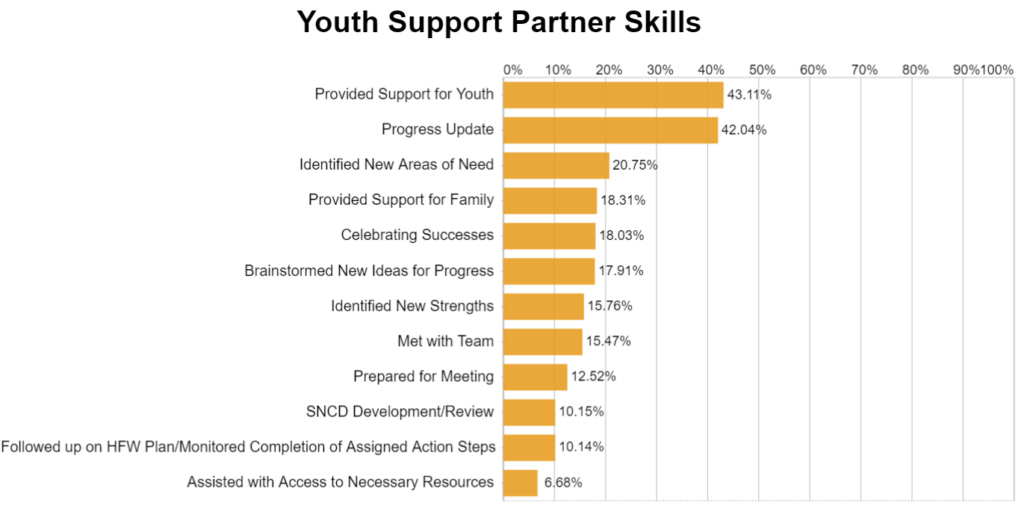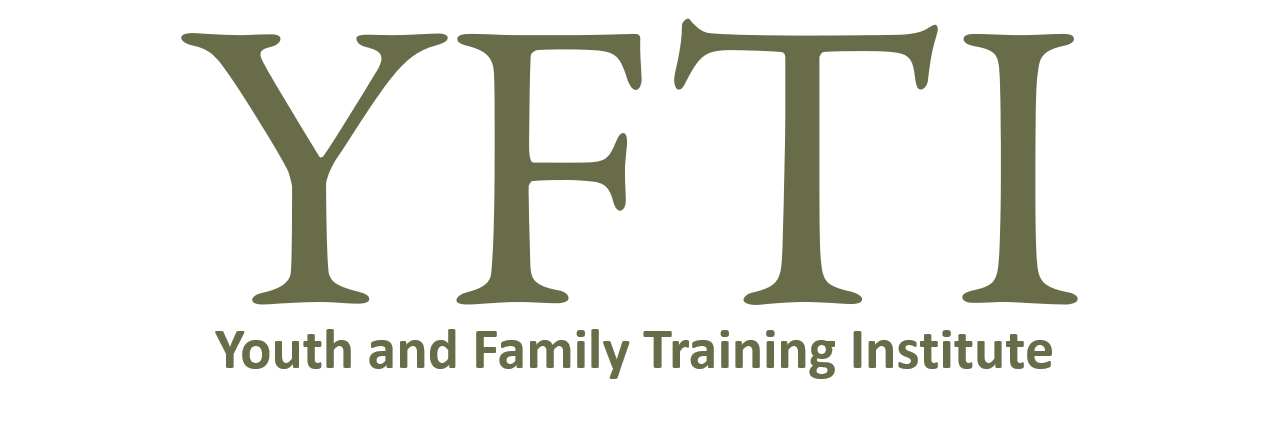Pennsylvania’s HFW model is unique in that the team includes both a Youth Support Partner (YSP) and Family Support Partner (FSP) that function in equal partnership with the Facilitator.
The Youth Support Partner is a position designed by Pennsylvania youth who, when hearing about the Family Support Partner, wanted someone of a similar nature, to provide intensive levels of direct support for youth who want it. These positions are a distinctly different job than the HFW Facilitator and Family Support Partner, but work closely with the them to obtain outcomes at the family level.
The Youth Support Partner is generally under the age of 25 when they first start and is a graduate of the HFW process or have similar life experiences/system involvement with the youth/young adults they are working with. They ensure the team members hear and gain a better insight on the youth voice and youth culture around supports and opportunities. They provide support to the youth to accomplish various tasks that are agreed upon on the plan and also model strength-based approaches and share experiences as teachable moments when needed.
The motto for this position is “Do For, Do With, Cheer On,” meaning that at times the Youth Support Partner will help the youth with direct support, do with the youth and walk beside them as they learn to do for themselves, and cheer them on when they are able to do the tasks without support.

Data displayed on this page was last updated October 2021.
